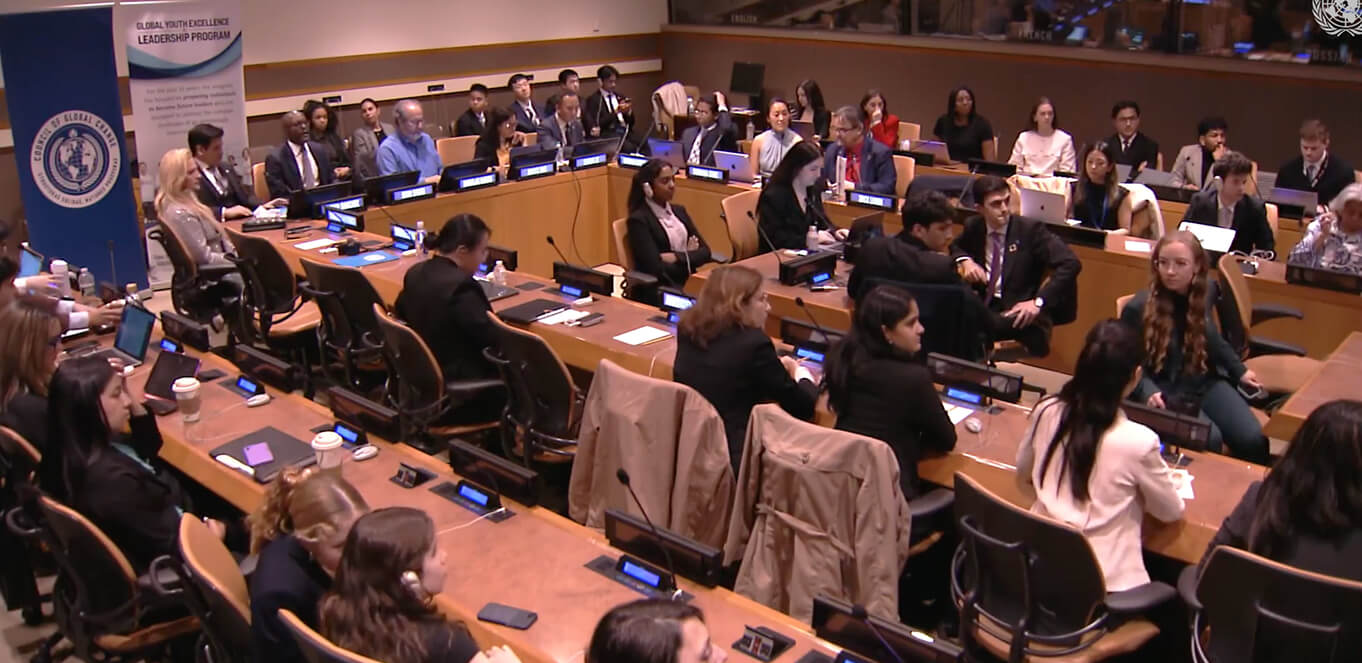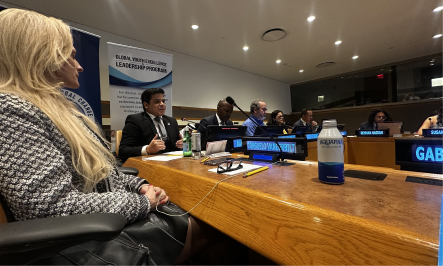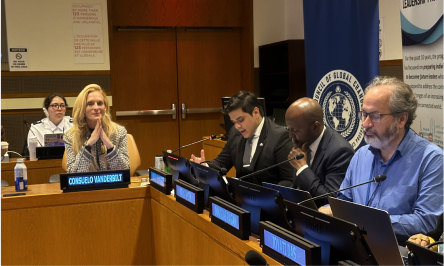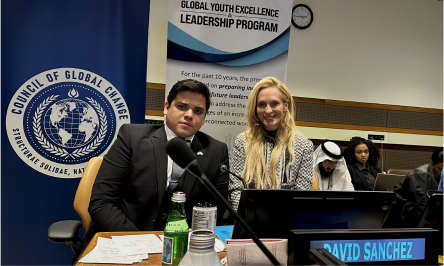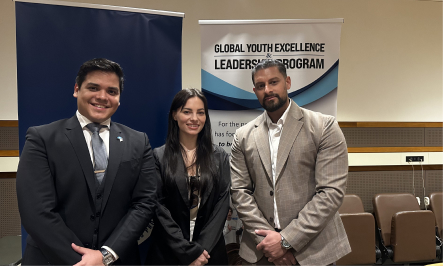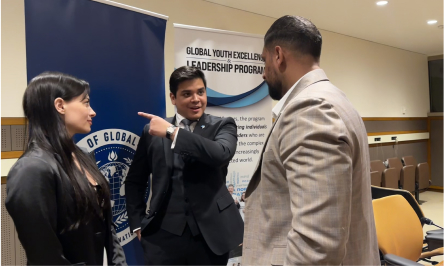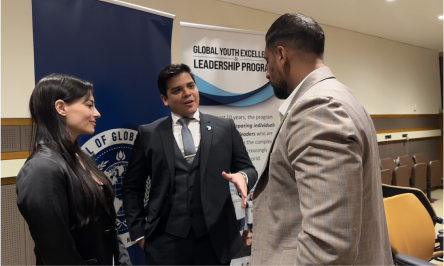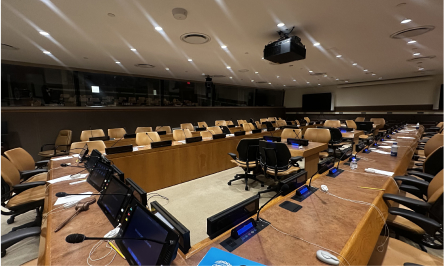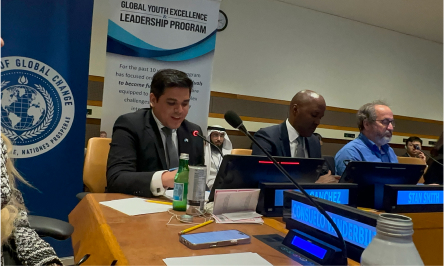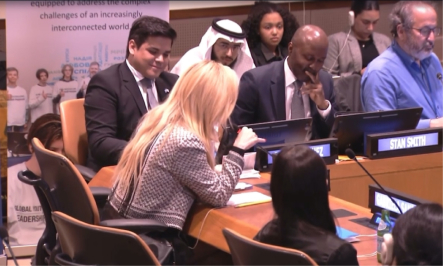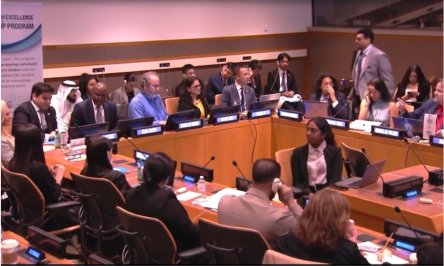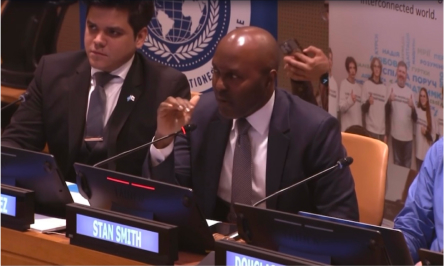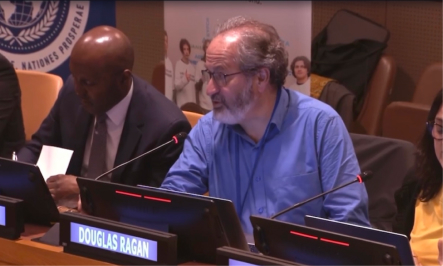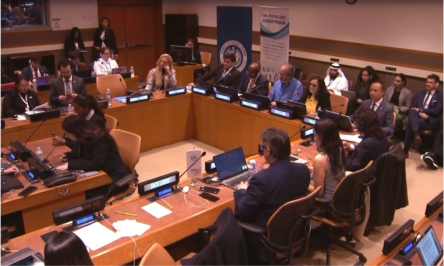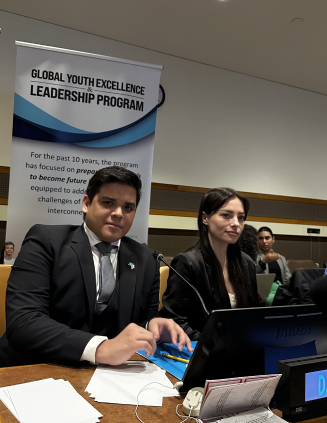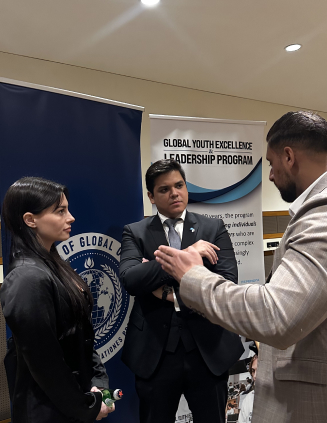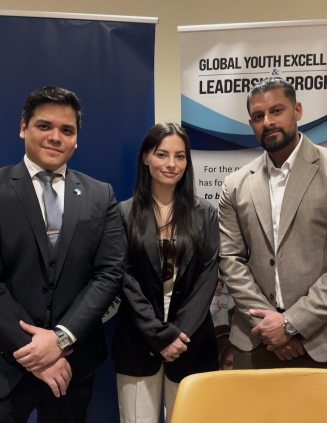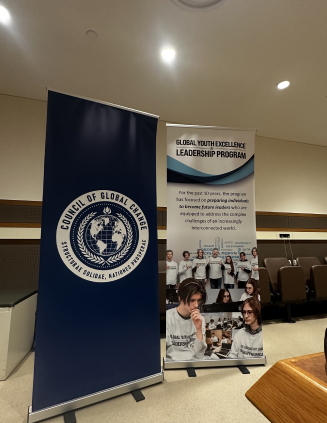As a Deputy Convenor and Principal Partner of the UN side event, this collaborative initiative between UNEP, UN-Habitat, and civil society partners brought together youth leaders, data specialists, urban development experts, and community advocates to advance science-driven approaches to SDG localization. This strategic gathering served as a platform for showcasing youth-led innovations in sustainable development, emphasizing targeted action on SDGs 3 (Good Health and Well-being), 5 (Gender Equality), 8 (Decent Work and Economic Growth), 14 (Life Below Water), and 17 (Partnerships for the Goals).
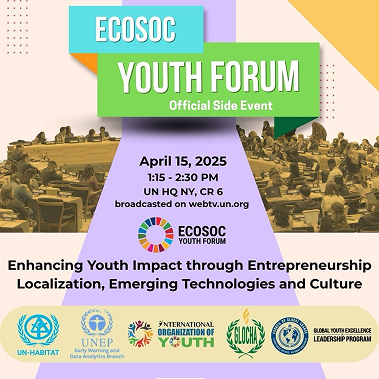
Key Highlights & Focus Areas
- Empowering Youth Leadership – Showcasing transformative youth-led initiatives through the Youth 2030 Cities program and community-driven sustainable development projects across global urban centers.
- Harnessing Data for Impact – Exploring community-level data collection opportunities within the UN One Map initiative, leveraging geospatial intelligence and early warning systems for evidence-based decision making.
- Advancing Social Inclusion Through Science – Demonstrating how scientific innovation and inclusive methodologies can drive equitable sustainable development outcomes at the local level.
- Building Sustainable Communities – Highlighting grassroots initiatives, including Zero Waste programs and community-based environmental solutions that exemplify scalable models for global replication.
Participants engaged in dynamic panel discussions featuring youth advocates from Kenya’s Mathare Roots, UN-Habitat Youth Advisory Board members, and senior technical experts from UNEP’s Data Analytics Branch. The collaborative dialogue fostered innovative partnerships between institutional knowledge and grassroots expertise, creating actionable pathways for youth-driven SDG implementation at the community level.
Following the panel session, participants were invited to engage in hands-on mapping workshops with the UN Geospatial Network/One Map initiative, providing practical experience in data collection methodologies. The event concluded with an invitation to the GloCha ECOSOC Youth Forum 2025 reception, reinforcing the commitment to sustained youth engagement in global sustainable development frameworks.
